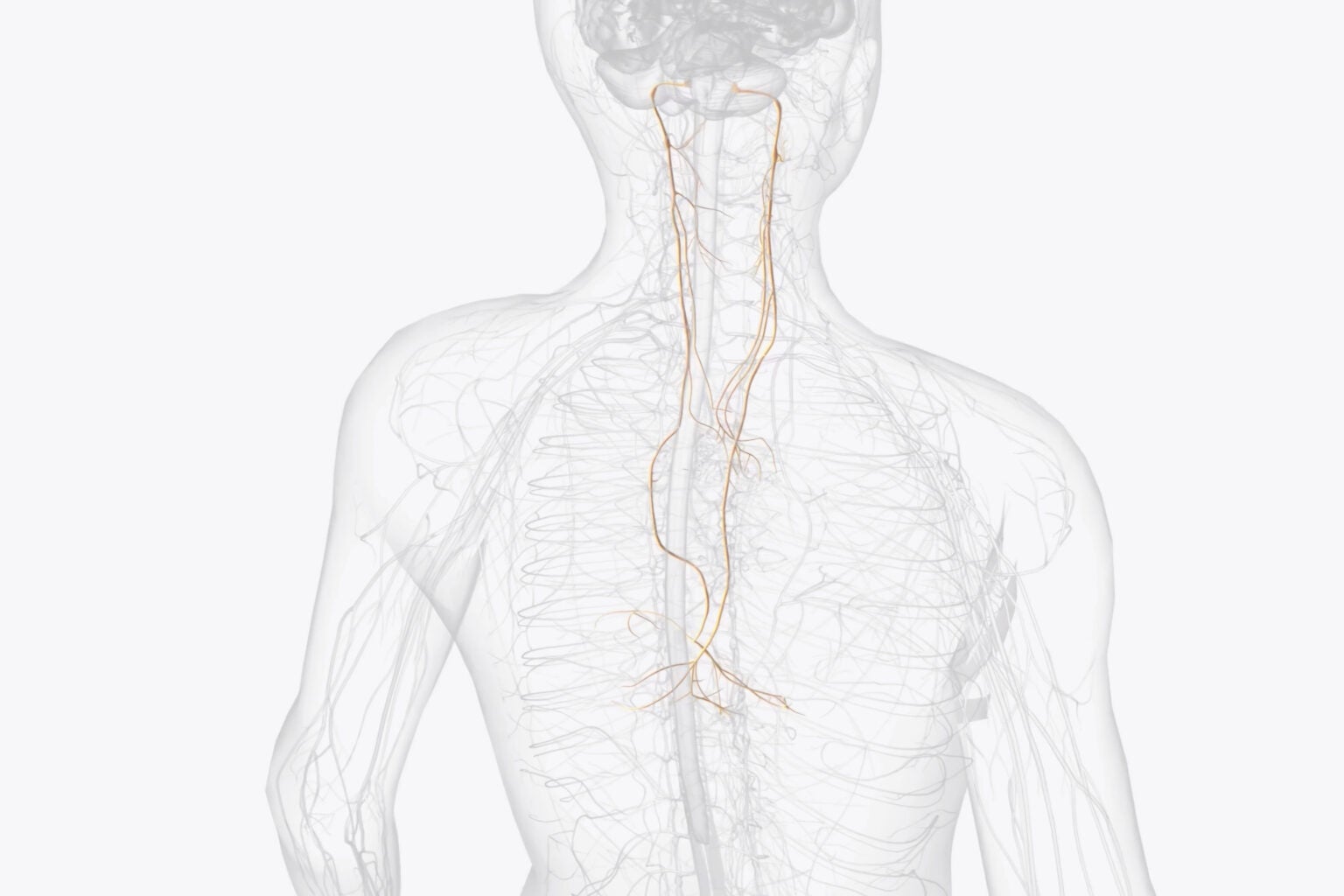Nerve-stimulation therapy can greatly improve symptoms of severe, treatment-resistant depression, a new clinical trial shows.
The results of the trial, published last month in a pair of studies in the journal Brain Stimulation, show that stimulating the vagus nerve can alleviate depressive symptoms, improve life quality, and enhance the patient’s ability to complete everyday tasks after only a year.
The trial involved nearly 500 people at 84 sites across the US who all suffered from severe depression that could not be treated effectively with medication or other approaches.
Around 75 per cent of the patients were so ill they were unable to work, researchers from the Washington University School of Medicine in St Louis said.
The participants were all implanted with a device to stimulate their left vagus nerve, a major conduit between the brain and the internal organs, but only half the devices were turned on.

This type of vagus nerve stimulation device was approved for treatment-resistant depression nearly two decades ago by the US Food and Drug Administration, but did not become widely available.
It is a pacemaker-like device implanted under the skin in the chest with a wire connected to the left vagus nerve in the neck.
The device stimulates the nerve, which in turn sends electrical pulses to areas of the brain associated with mood regulation.
In the 12-month randomised control study, the device was implanted in 493 people but activated for only 249. Researchers tracked the responses of the participants and found that the device provided “life-changing” benefits to many of them.
“Despite that super-high level of sustained illness, we still see statistically significant, measurable improvements in depressive symptoms, quality of life and functional outcomes,” study co-author Charles Conway said.
Several participants went from being unable to get out of bed to being productive and interacting with loved ones, researchers said.
The trial, part of which is still underway, was intended to evaluate the effectiveness of nerve-stimulation therapy for severe depression, both alone and as part of bipolar disorder.
The cost of the device and the surgery to implant it, though, could make the therapy unaffordable as most private insurance plans do not cover it.
The researchers said they were hopeful the new findings could convince the Centers for Medicare and Medicaid Services to cover the device and the implantation surgery and make the therapy available to many more people.
“You have a population of people that has been failed by a ridiculously high number of treatments, including aggressive treatments such as electroconvulsive therapy. And they’re not just saying, ‘Yeah, I feel a little better.’ They’re saying they are seeing meaningful improvements in their ability to function and live their lives,” Dr Conway noted. “And the nice thing about vagus nerve stimulation, we know from other studies, is that when the patient responds, the effects usually stick.”







